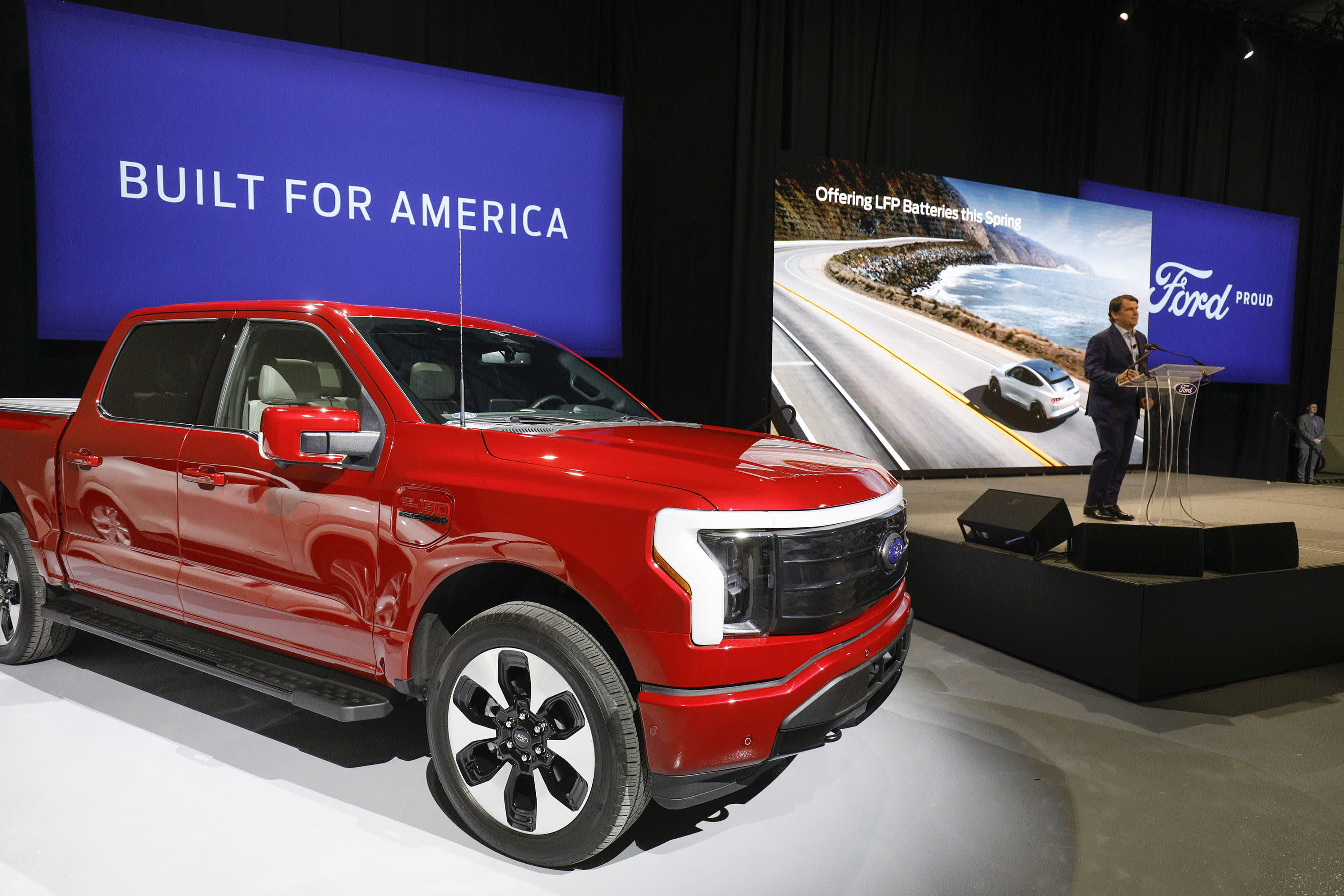Ford Motor Company is scaling back its $3.5 billion battery plant plans in Michigan as the shift to electric vehicles is slower than expected. This is partly due to rising labor costs and efforts to cut expenses. The decision comes after initial announcements in February to partner with Chinese battery manufacturer Contemporary Amperex Technology Co., or CATL. The facility is a Ford subsidiary but will utilize CATL’s technology to produce new lithium iron phosphate, or LFP, batteries for electric vehicles.
Ford is planning to reduce production capacity by 43% to 20 gigawatt hours annually and scale down expected employment from 2,500 jobs to 1,700 jobs. The company’s revised investment in the plant will still amount to around $2 billion.
The scaled-back plans follow a trend of automakers worldwide retreating from electric vehicles due to lower demand, cost issues, supply chain challenges, and other factors. To mitigate the impact of these challenges, Ford is making strategic changes, including delaying previously announced EV investments totaling approximately $12 billion and postponing construction of another electric vehicle battery plant in Kentucky.
Despite the setbacks, Ford still intends to open the Michigan plant in 2026. The decision follows collective bargaining with the United Auto Workers, during which significant wage increases were agreed upon. The plant has faced opposition from local residents and U.S. lawmakers as it has become a focal point amid heightened tensions between the U.S. and China.
Ford’s decision highlights the ongoing challenges and complexities associated with the shift to electric vehicles. Despite these challenges, the company remains committed to its EV strategy and looks forward to making a significant impact in the electric vehicle market.


